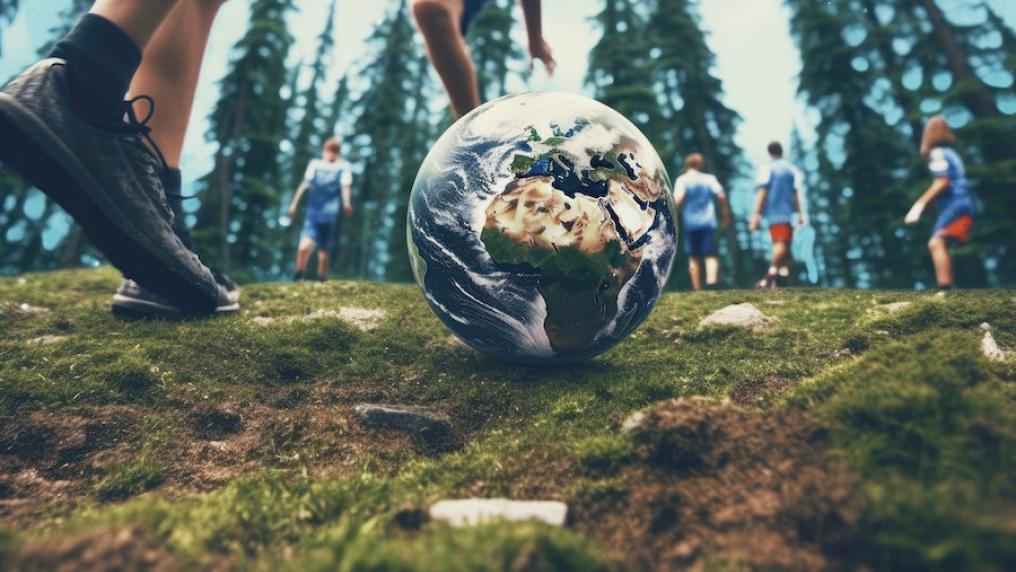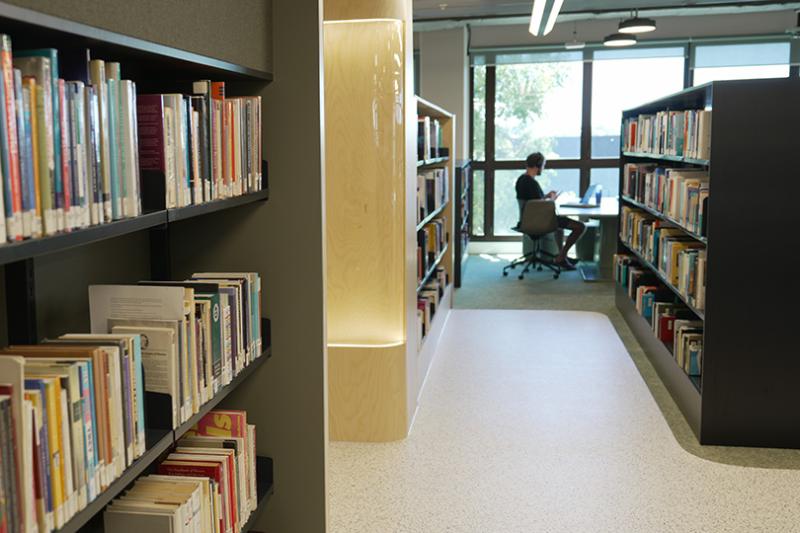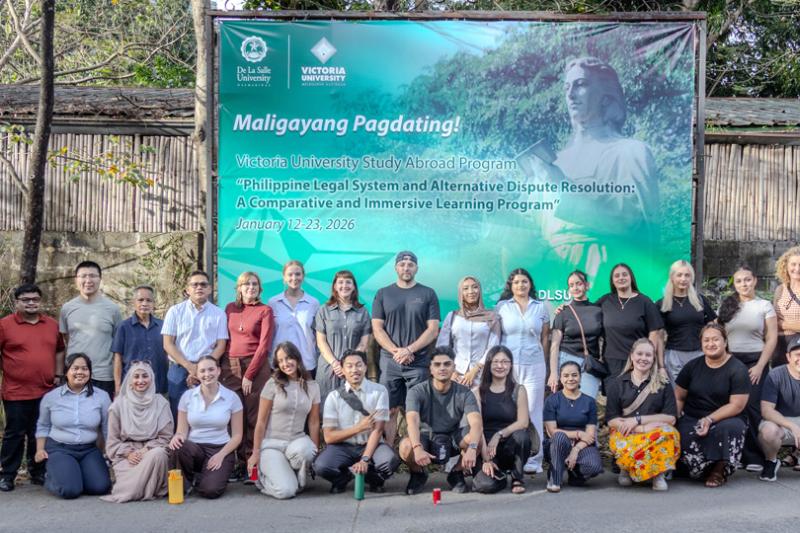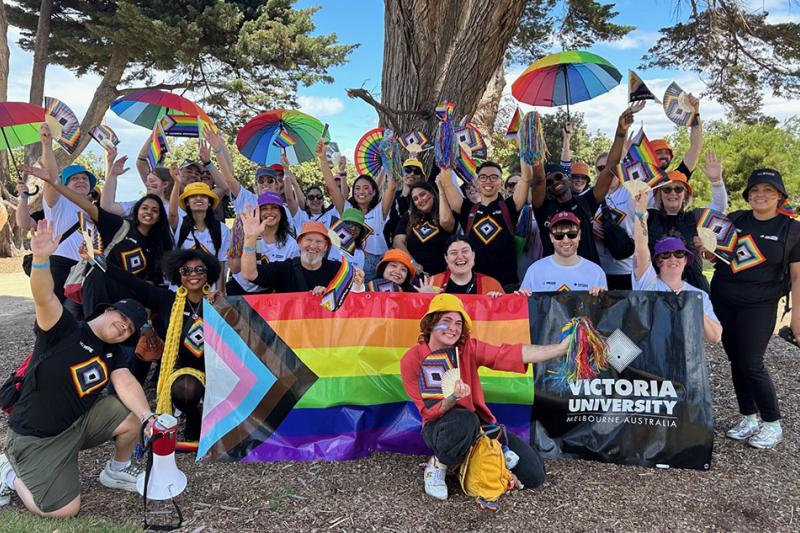Giving the planet a sporting chance

In exciting research, Victoria University (VU) academics are looking at the role community and elite sport should play in looking after our planet.
Associate Professor Camilla Brockett first led a research project in this space three years ago when she investigated global trends in research and practice in sport for sustainable development.
In addition, VU is the only university partner of the Sports Environment Alliance (SEA) – a not-for-profit focused on environmental leadership and advocacy in sport in Australasia.
“It really is an emerging field for research as people begin to appreciate the vicious cycle of impact between sport and the climate crisis – our ability to play sport and be healthy depends on the health of the planet,” Associate Professor Brockett said.
Athletes need clean air to train and compete, we need clean water for water sports, and moderate temperatures to maintain vital natural environments where we play and engage in sport.
Just this week, an open-water swimming event in Paris (a test for next year’s Olympic Games) was cancelled due to water quality following heavy rain.
“The issue is two-fold. Not only does climate impact sport, for example the impact of floods and drought on sporting grounds, but sport is also a contributor to climate change, with considerable carbon emissions associated with major sporting events," Associate Professor Brockett said.
Sport can have a huge impact on the environment, so it’s crucial we build a body of evidence and key resources to help clubs and organisations create strategies and plans to combat this.
Associate Professor Brockett said many global sporting organisations are doing a lot of work in this space including FIFA which is leading the way since 2006. Nearly every major sporting event now has a dedicated Head of Sustainability. In fact, the Head of Sustainability for the 2023 FIFA Women’s World Cup, is former CEO and co-founder of the SEA, Dr Sheila Nguyen.
What about Australian sport?
In a recent project, a VU PhD student Xu ‘Joey’ He, investigated the websites of Australian national sporting organisations looking for references to environmental sustainability policy and practice.
Of the 56 sports they investigated, only nine had references to environmental sustainability in their publicly available organisation plans and reports.
The next steps of this project will be for Joey to interview key people in these nine sports groups to better understand how they are developing and integrating sustainability across their organisations.
Associate Professor Brockett said anecdotally she has found cases of ‘green hushing’ in sport – where organisations don’t want to be too vocal with their sustainability practices because of concerns public criticism will suggest their activities are not enough.
“Our advice is just to start small, find out what matters to your club members, fans and stakeholders, maybe it’s as simple as being thoughtful about what you serve at the canteen and what you serve it in,” she said.
In the future, environmental sustainably will be a core responsibility for all sporting organisations – from community to elite sport. Planetary health, mental health and physical health are all intertwined, and sport sits at the heart of that.
TOP 5 TIPS to start future proofing your sport club:
- Consider what you are already doing – make a list of the environment-friendly choices and practices your club already does
- What matters to your sporting community? Consider hosting a ‘town hall’ meeting to find out what people want, how they want to contribute and what local expertise you can partner with
- Start small – what can be in the club house? (i.e. install LED lighting, remove single use plastics, energy efficient appliances, sustainable suppliers, efficient waste management)
- You don’t have to go it alone – there are plenty of excellent resources such as Australian Sports Climate to help clubs get started on their climate action journey
- Join the – to learn more about how to do more {for the world} with less {footprint} so we can continue to have places to play.



